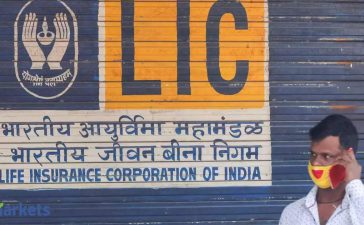
A watchful regulator is essential, especially as people are increasingly making purchasing decisions with health impacts in mind. Producers are increasingly required to provide info – ingredients, nutrient details, calories consumed – on labels. That whole jumble of information in small print matters little if the seller or producer ‘shelves’ the product in a manner that implicitly makes an exaggerated or wrongful claim. FSSAI has no definition or standard for ‘energy’ drinks or ‘super’ foods. As things stand, selling any thing as, say, a ‘health’ drink would be a violation. Yet, for years on end, malt-based drinks like Horlicks have been treated by consumers as health/energy drinks. Well, wisen up.
The food regulator is on its toes. But it needs to be proactive to set the norms that ensure safety and keep up with changing consumer taste and demands. These are no longer to be seen as ‘first world’ problems. Producers and sellers will advertise and classify their products catering to demand. The regulator has to be the referee ensuring that consumers know what they are getting. FSSAI must be proactive in setting the norms, as definitions of healthy, organic, vegan and low-fat are becoming more, well, serious.










